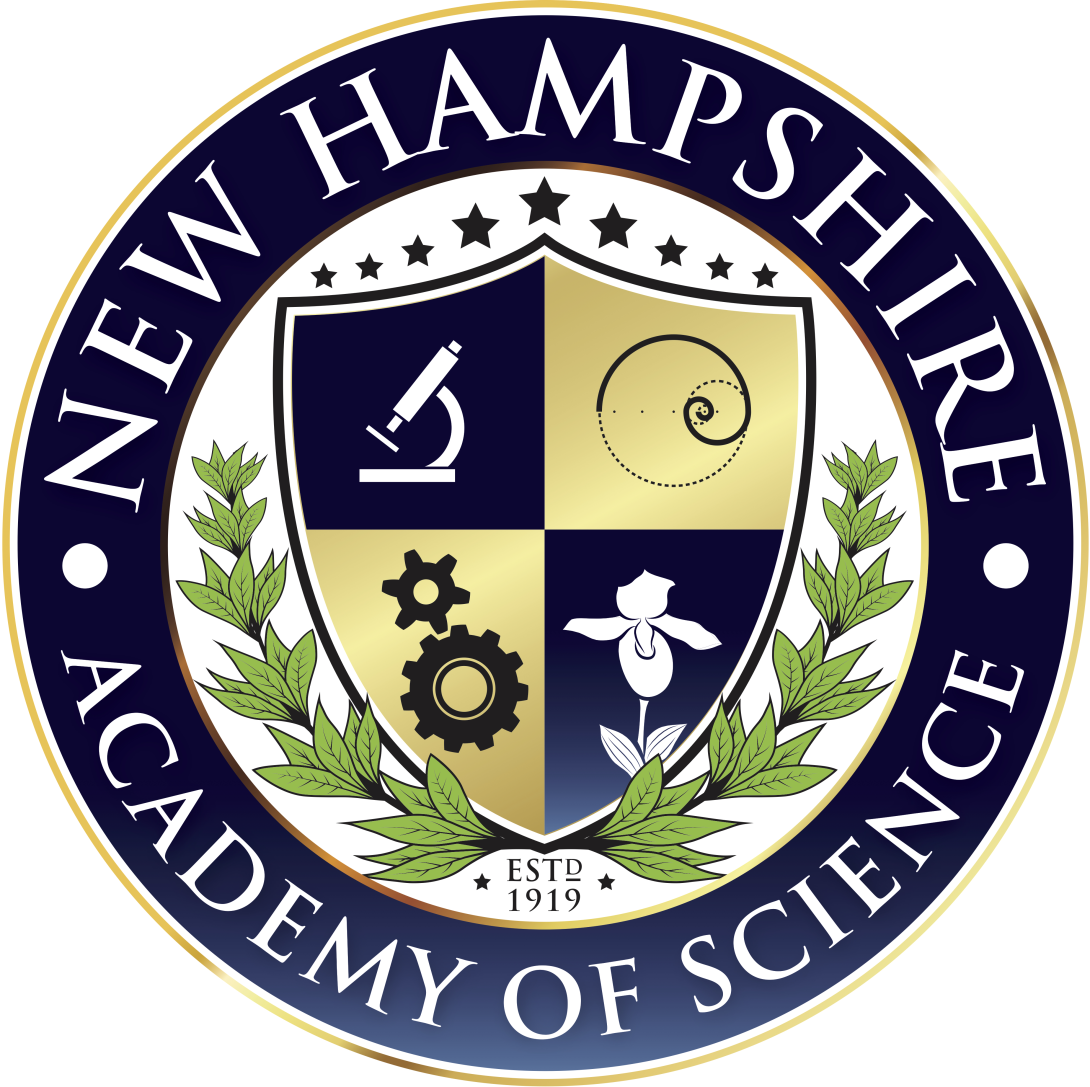Bolstering STEM Pathways for Students in Rural New England Through a Comprehensive, Multi-Year Learning Community
Description
This project addresses access to STEM educational experiences for rural students. Students from rural areas and small towns make up about 30% of the U.S. secondary school population but often lack inspirational STEM educational opportunities and experiences. This makes them less likely to pursue STEM majors in college, which is a potential loss of human talent in STEM innovation. This investigation will explore how providing a comprehensive, multi-year academic and personal support system can attract and retain underrepresented rural high school students, especially girls, from underserved rural areas of NH and VT. It studies how the experience affects students' identity as STEM researchers and, in turn, their pathways to post-secondary STEM/ICT activities. One of the challenges faced by rural students is the geographic inaccessibility of opportunities to participate in outside-of-school STEM/ICT activities. This long-term investigation will compare the experiences of rural underrepresented students who participate in-person in authentic STEM/ICT research with those who participate remotely. The impact of a supportive STEM/ICT community will also be investigated as students, regardless of remote or virtual research, will be provided with mentorship from STEM professionals, near-peer mentors from their rural communities, standardized test preparation, and financial planning that draws in their parents and guardians as they prepare as a family to navigate the college application and admittance process, a critical step in their career pathways in STEM/ICT.
The project's research explores the question, “How do rural high school students’ STEM identities develop over time as they engage with peers and mentors in a comprehensive program that enhances project-based learning with mentoring, college application support, and community outreach?” Researchers hypothesize that collaborations with science-minded peers, near-peers, and adults will strengthen rural students’ sense that they, too, belong to a community of scientists who can make meaningful contributions to a STEM field or discipline. All students will complete annual surveys about science identity and belonging. A subgroup will be observed and interviewed. Using Photovoice, a community-based participatory research method, this subsample will also take pictures of what it means to do science in their community, and who does science in their community. Aggregated results and individual case narratives will illustrate commonalities and variations in student experiences and outcomes, and speculate on the program features that may contribute to those differences. The findings will contribute to a growing but currently limited body of research on how to attract and retain rural students in STEM and ICT post-secondary pathways. Progress and results will be shared with the general public, and regional and national STEM outreach audiences. Student participants will take a lead role in some of this dissemination. This project is funded by the Innovative Technology Experiences for Students and Teachers (ITEST) program, which supports projects that build understandings of practices, program elements, contexts and processes contributing to increasing students' knowledge and interest in science, technology, engineering, and mathematics (STEM) and information and communication technology (ICT) careers.
This award reflects NSF's statutory mission and has been deemed worthy of support through evaluation using the Foundation's intellectual merit and broader impacts review criteria.
WEBSITES
Social Media
